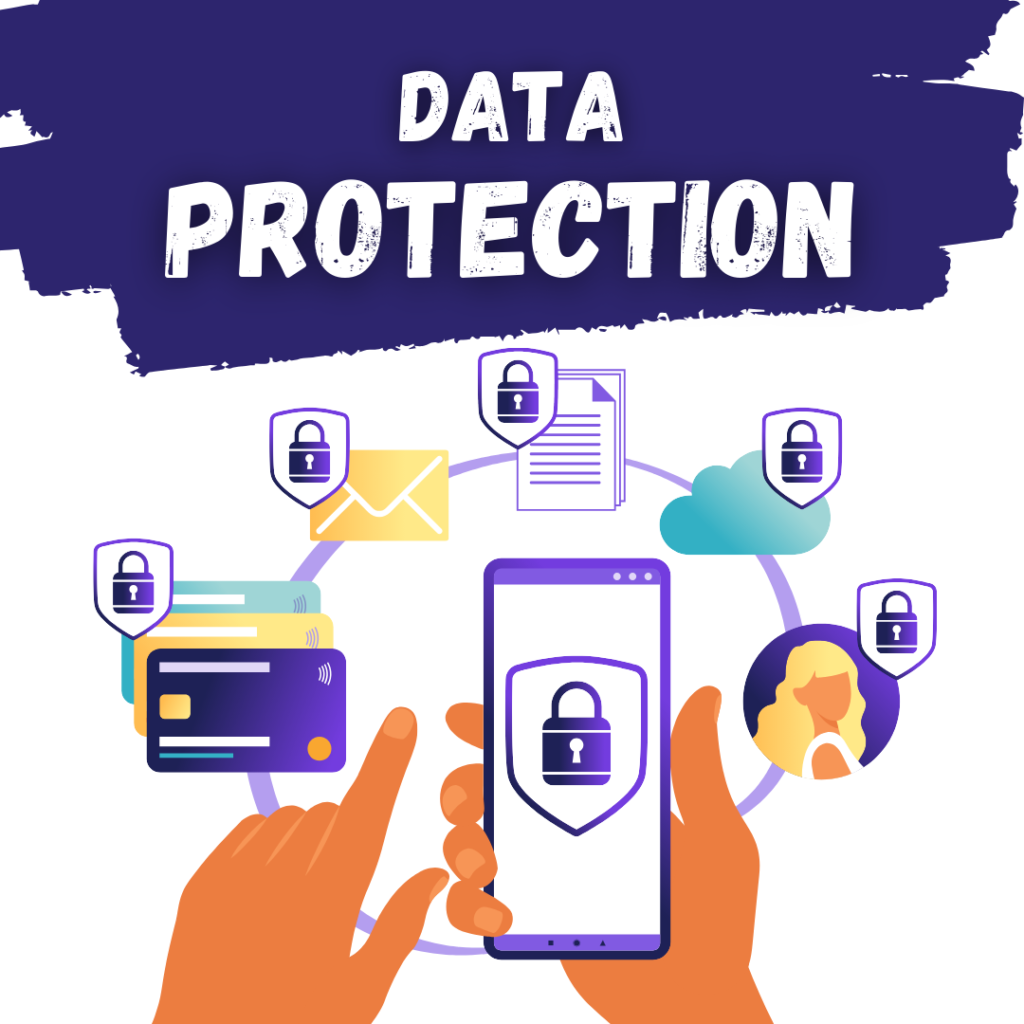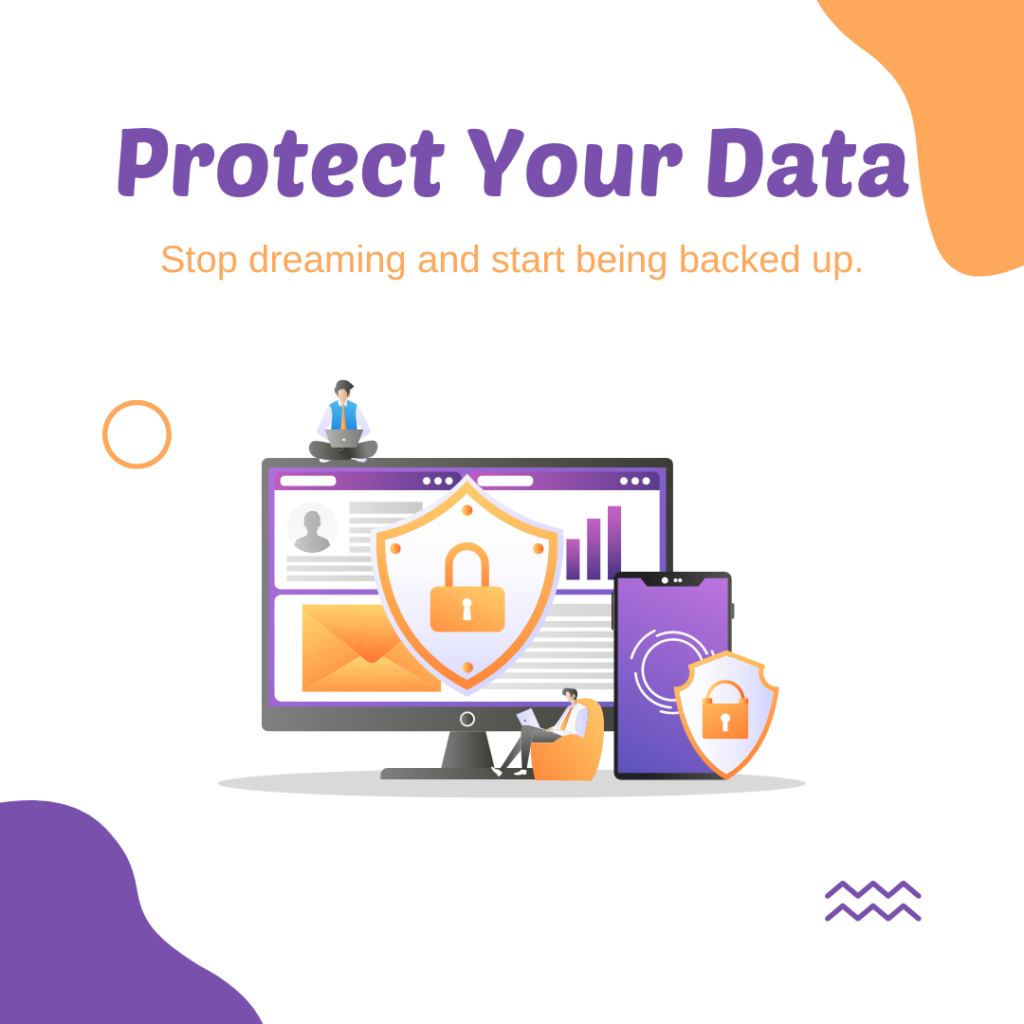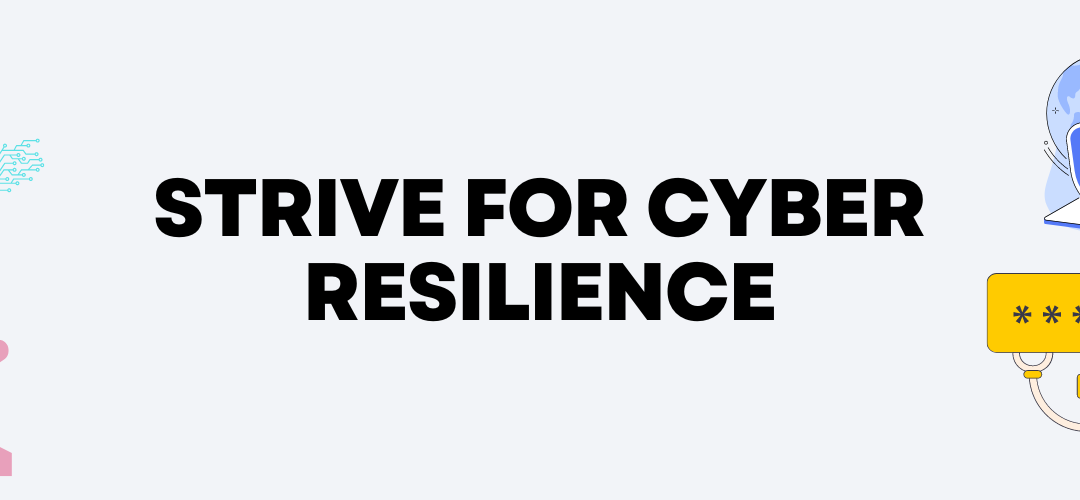Do you think as many do that signing up for cloud services is tantamount to a backup and do you capitalise on that belief to enjoy some complacency about your organisation’s data security, and thus of business continuity in the event of breaches. If so, then here is some information to make you think again, and to guard against being caught up in all but the inevitable next newsflash of a major cybersecurity incident. “Being in the Cloud” does not equal “being backed up”.
Cloud Services are not Backup by Default
It is commonly believed that “our data is backed up in the cloud”, when all we do is subscribe to and make use of cloud native or cloud hosted-software applications, where the service level agreement does not encompass backup of data, and where there is no guarantee of data recovery in the case of cyber incidents that may lead to critical data loss.
From the perspective of a cyber incident response and management or disaster recovery and business continuity planning, this is surely a dangerous misconception potentially fraught with egregious consequences especially if you are a business owner. It is more so as we are being confronted with the reality of how things can easily go wrong, in today’s digital ecosystem, spelling the need to build in resilience.

With cloud services, Data recovery is not a guarantee in the event of an incident
Seemingly feeding this false notion that cloud equals backup is the fact, albeit pleasant, that we can restore everything quite literally, data and features from old devices to new ones, in a few clicks or spurn up copies of applications and files in new client devices with subscription to cloud services.
For an individual, loosing personal data or files including items of great financial value, juridical documents, or even emotively charged images might be extremely heartbreaking and devastating but for a lot of businesses, especially small and medium sized, loosing user data can be quite literally fatal.
There is often the incidental loss of production, loss of reputation, failure to deliver to customers, loss of intellectual property, legal and regulatory compliance issues, financial cost of reparation, which may all combine to spell doom for the business.
Using applications like google workspace, Microsoft 365 and the like or migrating data and applications for business processes in the cloud is neither a form of durable storage nor backup. These platforms offer surprisingly very limited options for data retention and have certainly not signed up to store your data in any fit and proper form for disaster recovery and business continuity planning.
Cloud computing is a replacement for physical servers on premises and having to manage all the physical infrastructure. It surely is innovative, conferring tremendous capacity for scalability, flexibility, and go to market capability. It is full of cost savings and unparalleled efficiency gains but does not absolve of the need for intentioned backup solutions.
Quite the contrary, except you have taken up a separate backup service with the cloud services provider, which is not typically the case, there is the shared responsibility model of security in the cloud which means that the cloud services provider is not responsible for user data security.
A stitch in time saves nine!

Backing up Data is a Key Ingredient of Cyber Resilience
Backup is the practical implementation of the theoretical principle of availability, one of the five foundational concepts in cybersecurity, through replication, duplication, redundancy, and thus resiliency. Replication involves creating and maintaining copies of data across multiple storage locations or systems, providing high availability, low latency through load balancing, and the assurance of data recovery in the case of untoward incidents like data loss, data corruption, et cetera.
In a way backup is “storage for the mere sake of storage”, which storage becomes useful only in the case of crisis, when it should be readily available to be deployed, as fail-over. Like every other insurance policy, you are obliged to contend with the unpleasant extra cost of paying premiums dutifully but may never ever have the need to make claims. However, when you have the need to make claims, that might just be lifesaving.
A purposeful and effective backup solution is a literal stitch in time that saves nine and is something every business owner should make sure that they have in place.

This is a crucial reminder for businesses to not assume cloud services automatically backup their data. Intentional backup solutions are essential to ensure business continuity and prevent potentially disastrous data losses.